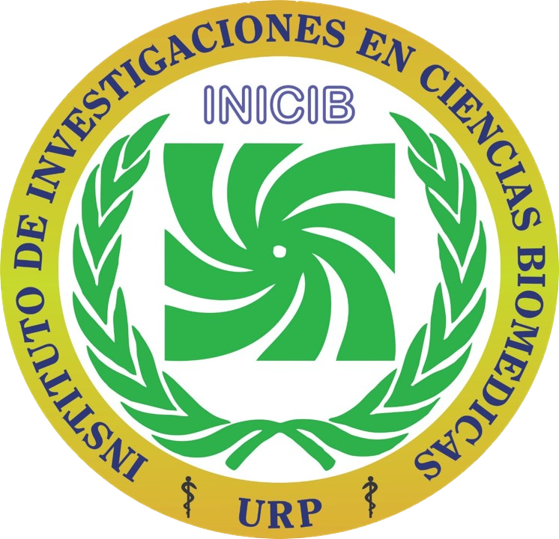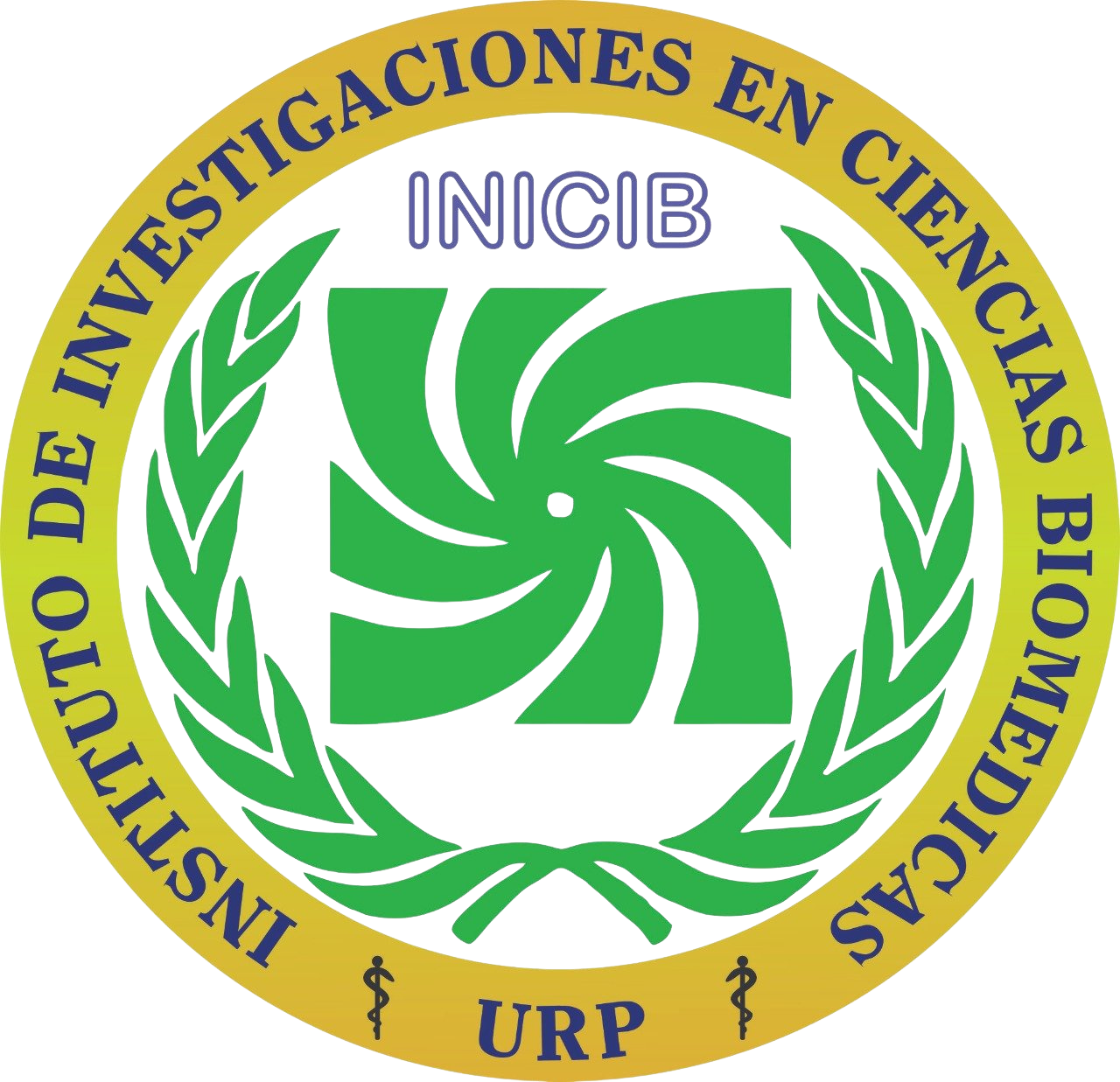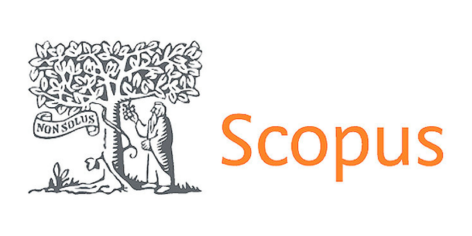Introducción
Collaborative health research has proven to be an effective approach to addressing regional and international challenges in the diagnosis, treatment, and management of diseases
1
2
3
4
. In Latin America—a region characterized by geographical, socioeconomic, and epidemiological diversity—building research networks is essential to unify efforts and generate knowledge applicable both locally and globally. Within this context, the Latin American Lymphoma Study Group (GELL, by its Spanish acronym) has emerged as a key player in lymphoma research, a heterogeneous group of hematologic cancers with diverse clinical and molecular presentations.
1
2
3
4
Origins and structure of GELL
Founded in 2018, GELL is a collaborative research network comprising 14 Latin American countries, with the support of internationally renowned institutions such as the Dana Farber Institute, MD Anderson Cancer Center, and Tampa General Hospital. GELL’s primary goal is to conduct multicenter studies to provide high-quality epidemiological, clinical, and molecular data on various lymphoma subtypes.
The leadership team includes Dr. Brady Beltrán (Peru) as president, Dr. María Torres (Venezuela) as vice president, and Dr. Denisse Castro (Peru) as treasurer. This organizational structure ensures effective coordination among member countries, facilitating the planning and execution of clinical and translational research across the region.
GELL’s objectives and achievements
One of GELL’s core objectives is to determine the epidemiology of lymphoma subtypes in Latin America, including diffuse large B-cell lymphoma (DLBCL), follicular lymphoma, nasal-type T/NK-cell lymphoma, and Epstein-Barr virus (EBV)-associated lymphomas. Additionally, GELL aims to conduct retrospective and prospective studies on inflammatory biomarkers and new prognostic scores
5
6
7
, enabling the identification of risk factors and clinical parameters to predict treatment response and outcomes in lymphoma patients.
To date, GELL has compiled data from over 6,400 patients in retrospective studies, including:
1,500 patients with DLBCL
6
7
8
.
1,000 patients with peripheral T-cell lymphoma (PTCL-NOS)
9
.
800 patients with follicular lymphoma
10
.
2,000 patients with adult T-cell leukemia/lymphoma (ATLL)
11
.
These studies form the basis for hypotheses that guide future prospective research, deepening the understanding of lymphomas in the region.
Scientific production and knowledge dissemination
GELL’s scientific output is remarkable, with 37 works to its credit, including:
6 articles in high-impact journals.
30 poster presentations at international conferences like ASH, EHA, and the HTLV-1 Global Congress.
4 oral presentations at international scientific events.
Among the most notable scientific achievements is the multicenter validation of the prognostic value of the neutrophil/lymphocyte ratio in patients with DLBCL
12
,published in collaboration with other international institutions. Additionally, GELL has developed consensus on relevant topics, such as the management of patients with peripheral T-cell lymphoma not otherwise specified (PTCL-NOS), which is in the process of publication, and the impact of COVID-19 on patients with lymphomas
13
.
The impact of GELL's scientific output is not only measured in terms of publications and presentations but also by the group’s ability to influence clinical practice at the regional level. The creation of consensus guidelines and participation in clinical trials allow GELL’s findings to be immediately applicable to patient care in Latin America.
Future projects and GELL's expansion
GELL is not content with its current achievements and continues to expand its horizons toward new research projects. One of the most ambitious projects in progress is a molecular study on the genetic profile of DLBCL in Latin America, analyzing over 400 genes using the Foundation One–Heme platform. This will be the first study of its kind in the region, providing a more detailed understanding of the genetic alterations characterizing lymphomas in Latin American patients.
Another significant project is the execution of prospective clinical trials in nasal T/NK-type lymphoma, as well as a meta-analysis on inflammatory biomarkers in lymphomas. These studies not only contribute to advancing scientific knowledge but also allow patients access to innovative treatments through clinical trials, promoting equity in access to advanced therapies.
Collaboration with the Instituto de Investigaciones en Ciencias Biomédicas (INICIB) of the Universidad Ricardo Palma
Collaborative research projects are currently underway with INICIB at Universidad Ricardo Palma, with outputs from this partnership being showcased at two prominent international congresses: The 65th ASH Annual Meeting Abstracts of the American Society of Hematology (ASH)
14
and the 2024 ASCO Annual Meeting I of the American Society of Clinical Oncology
15
.
INICIB participated by presenting a roundtable discussion featuring institute researchers during the 2023 GELL scientific session, highlighting progress in collaboratively conducted projects on inflammatory markers. Ongoing work includes modeling nonlinear causal relationships between inflammatory biomarkers and the prognosis of DLBCL in Latin America.
International collaboration
GELL has established collaborations with research groups in Japan, Brazil, and Italy, enabling the creation of one of the world's largest databases on EBV-associated T-cell lymphomas and DLBCL. These collaborations reflect the growing relevance of studies conducted in Latin America and position GELL as a global leader in lymphoma research.
Conclusion
The Latin American Lymphoma Study Group (GELL) has demonstrated that scientific collaboration in Latin America can generate valuable knowledge applicable on a global scale. Its efforts to unify data from multiple countries, conduct prospective and retrospective studies, and promote participation in clinical trials have significantly contributed to improving the care of patients with lymphomas in the region. With ambitious projects on the horizon, such as the molecular analysis of DLBCL and new clinical trials, GELL is well-positioned to continue leading lymphoma research in Latin America and beyond.





